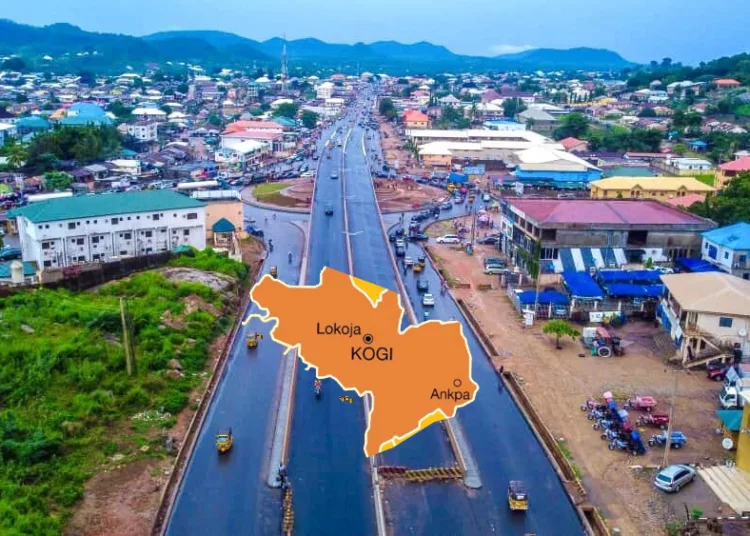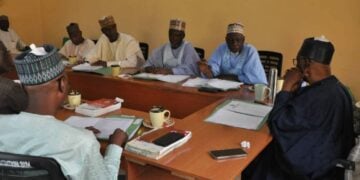The Kogi State Internal Revenue Service (KGIRS), has said it recorded over N3 billion monthly as internally generated revenue (IGR) in the state, a whopping increase from the N750 million monthly revenue in 2021.
The chairman of KGIRS, Salihu Enehe, disclosed this during the Stewardship and accountability forum, organised by the Correspondents Chapel of the Nigeria Union of Journalists (NUJ), Kogi State council. He noted that when he took over in 2021, the morale of the service’s staff was low due to an inadequate welfare package.
Enehe, initially appointed technical assistant to the former chairman of the service in 2016, noted that the state’s monthly revenue generation stood at N750 million in November 2021, when he was appointed chairman.
“When I became chairman in 2021, staff morale was at its lowest. I know that I have to do something differently to change the narrative. That’s the only way I can win the confidence of the staff who are already frustrated and boost their morale.
“We constituted a committee on staff promotion. Now promotion has become an annual exercise in KGIRS. This has greatly motivated Staff members, who were largely responsible for improving our revenue drive.
According to the chairman, staff were also trained and re-trained to enhance efficiency and productivity.
“We have been able to raise our monthly revenue generation from 750 million naira to N3 billion, our projection, however, is to move it to 4 billion Naira monthly
According to the chairman, the service was also able to harmonise the land use and ground rents into one, thereby eliminating the multiplication of taxes.
On Illegal Revenue collection on the roads, while the chairman acknowledged that it had not been able to attain the desired destination, he maintained that the service had made tremendous improvement.
“The service is working very hard to eliminate illegal revenue collection. Our major challenge has been the local government officials. They have consistently constituted a clog in the implementation of this law.
Regarding using consultants for revenue collection, the chairman noted that as long as forestry, produce, and haulage remain collectable revenues, the service will continue to use consultants in these areas. However, he said such revenues should not be collected on the road, but at the loading point.
He noted that the service would continue to discharge its Corporate Social Responsibility (CSR) to the people, subject to the availability of funds.
“I’m sure that the service will be able to do more once we become autonomous. In that case, the service will run independently without being affiliated with the regular civil service. It makes the service more efficient.





